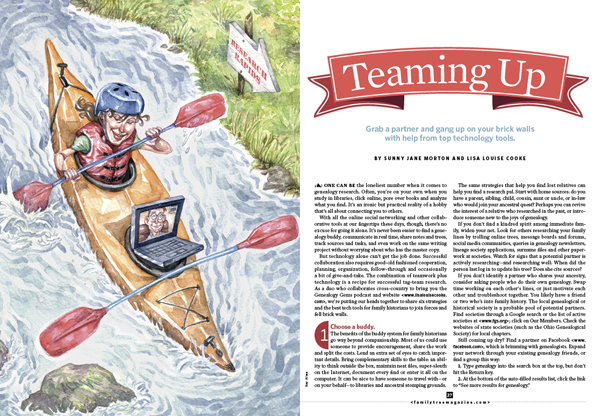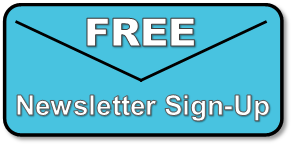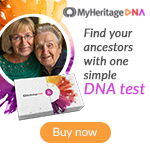Cyber Monday Genealogy BIG DEALS! 50% OFF
Genealogy Gems Premium eLearning Membership is an investment in learning and sharing your family history is an investment in a lasting legacy for the ones you love most.Give the gift of membership here. Genealogy Gems Premium Membership is the ultimate one-size-fits...Tips for Collaborative Genealogy: Sharing Genealogy Files Online for Free
 One of the most important things we do as genealogists is share! We share research findings, family stories, trees, heirloom photos and more. These days, sharing online is often the way to go. It’s fast, it’s relatively organized, it gets things into the hands of those who want them and (often) it’s free!
One of the most important things we do as genealogists is share! We share research findings, family stories, trees, heirloom photos and more. These days, sharing online is often the way to go. It’s fast, it’s relatively organized, it gets things into the hands of those who want them and (often) it’s free!
To wrap this series of blog posts on collaborating, I offer 4 ways to share genealogy online (in addition to Dropbox and Evernote, which we discussed in previous posts).
1. Attach scanned documents, photos and stories to your online tree. Whether you keep a tree at MyHeritage, Ancestry, FamilySearch or another site, beef it up with everything you have. That only enriches the body of knowledge out there and gives others a leg up on the next bit of research. You can also include links to applicable notes in Evernote.
2. Post gravestone photos and other burial information at online cemetery sites. BillionGraves and Find A Grave are the two big ones, of course. These sites provide searchability and a platform for collaboration between descendants.
3. Post meaty queries that show what you know and what your questions are. RootsWeb and USGenWeb are two enormous sites, organized by location and topic, where you can post questions about people, places and more. Check out this page on how to write a good query and this Cyndi’s List portal to various message boards. TIP: Remember to include all important related keywords, name and location spellings, and dates in your messages so they are easily found by your long lost cousins using Google!
4. Publish your research. Genealogy newsletters, magazines and journals of all levels (from the local to the national and beyond) want your well-researched, well-written research. What’s a chunk of research you could share? Look for publications that are indexed in PERSI, the Periodical Source Index, because other genealogists are most likely to find your work when it’s indexed there. Of course, family history websites, blogs and books are all great ways to publish your research, too. Just get it out there!
As the online genealogy community continues to grow, our opportunities to grow bigger, better family trees also grow. So my question to you is: What do you have to share? And have you begun?
Check out the magazine article that inspired this series of posts on collaborating. It’s “Teaming Up,” and it appears in the December 2013 issue of Family Tree Magazine. Sharing genealogy files is just one topic we cover. The article itself was a cross-country collaboration between myself and Genealogy Gems Contributing Editor Sunny Morton. To write it, we relied on a lot of the same tips and tools we recommend!
Finally, check out my previous blog posts in this mini-series on collaboration:
Tips for Collaborative Genealogy: Research with a Partner
Tips for Collaborative Genealogy: Dropbox for Genealogists
Tips for Collaborative Genealogy: Evernote for Genealogists
CeCe Moore: DNA for Genealogy and Adoption and MORE on Free Genealogy Gems Podcast Episode 178
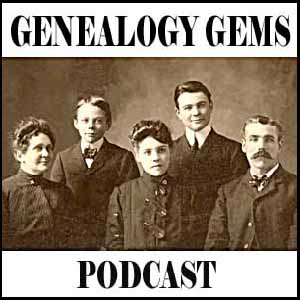 The latest episode of the free Genealogy Gems podcast (Episode 178) has been released and it’s PACKED with gems you can use now to inspire your family history!
The latest episode of the free Genealogy Gems podcast (Episode 178) has been released and it’s PACKED with gems you can use now to inspire your family history!
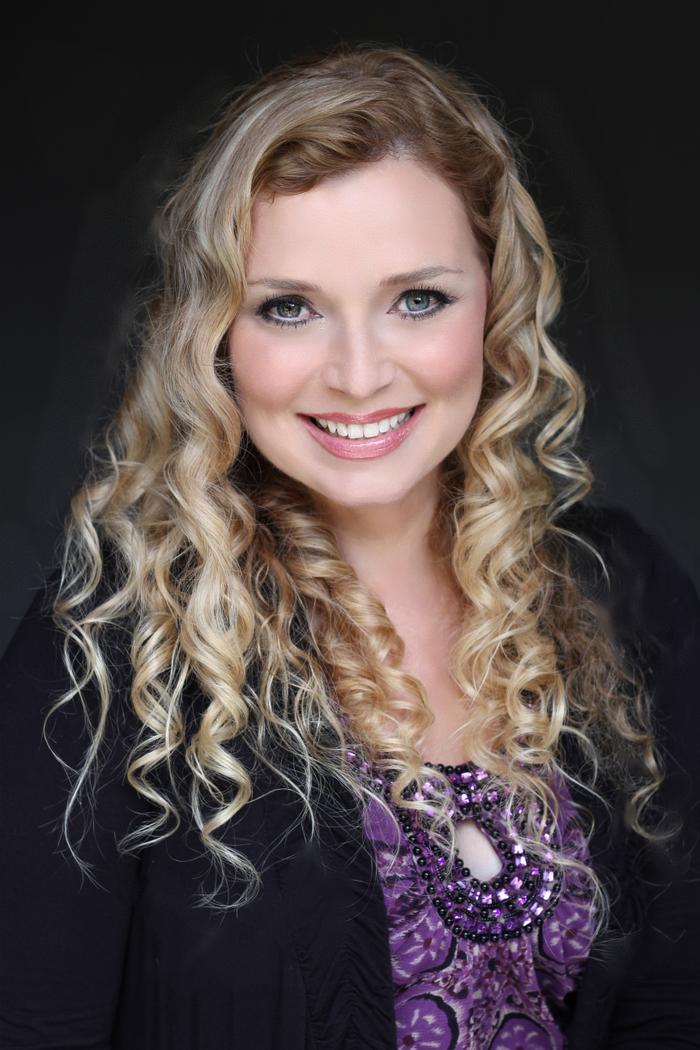 First, nationally-renowned genetic genealogist CeCe Moore joins me on the show to talk about using DNA for genealogy research, adoption, and the Finding Your Roots with Henry Louis Gates, Jr. TV show.
First, nationally-renowned genetic genealogist CeCe Moore joins me on the show to talk about using DNA for genealogy research, adoption, and the Finding Your Roots with Henry Louis Gates, Jr. TV show.
I love CeCe’s analogy of using different DNA test providers to “fish in different ponds.” She talks about using different types of genetic tests (autosomal, y-DNA or mDNA) to chase answers to specific genealogy research questions, and the importance of using test results together, not in isolation. Because autosomal DNA is coming onto so many people’s radar, I ask her to explain that in more depth–its uses and its limitations. CeCe shares her favorite tips for people who are getting started and gives us lots of great buy gout medication examples, including a helpful example for African-Americans who are trying to identify a genetic ancestor (who may also have had a slaveholder relationships with the family).

by British author Nathan Dylan Goodwin. Listen to the episode to hear what this mystery novel is about and why we chose it.
Finally, I share some fantastic new record sets that are online now and ready for you to explore, and a Genealogy Gems listener shares an important update on adoption records in Ohio.
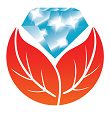 Click here to listen to the free Genealogy Gems Podcast episode 178. Click here to learn more about this free podcast and see an archive of past episodes. We recently celebrated more than 1.5 million downloads of our podcasts!
Click here to listen to the free Genealogy Gems Podcast episode 178. Click here to learn more about this free podcast and see an archive of past episodes. We recently celebrated more than 1.5 million downloads of our podcasts!
Genealogy Gems Podcast Episode 253
How to Find Early American Ancestors – New England Genealogy
This episode is brought to you by: Storyworth. Give your dad the most meaningful gift this Father’s Day with StoryWorth. Get started right away with no shipping required by going to https://storyworth.com/gems You’ll get $10 off your first purchase!
In this episode: In this episode we head back to 17th century New England with Lindsay Fulton of the New England Historic Genealogical Society and AmericanAncestors.org. She’s going to share the best resources for finding your early American ancestors. Lindsay Fulton is with American Ancestors and New England Historic Genealogical Society where leads the Research and Library Services team as Vice President. She is a frequent contributor to the NEHGS blog and was featured in the Emmy-Winning Program: Finding your Roots: The Seedlings, a web series inspired by the popular PBS series “Finding Your Roots.”
Genealogy Gems Premium Members Exclusive Download:
This interview topic comes from my YouTube video series Elevenses with Lisa episode 33. You can find all the free Elevenses with Lisa videos and show notes here. Log into your Premium membership and then click here to download the handy PDF show notes that compliment this podcast episode.
To Listen click the media player below (AUDIO ONLY):
Become a Genealogy Gems Premium Member
Premium Members have exclusive access to:
- Video classes and downloadable handouts
- The Genealogy Gems Premium Podcast
- Elevenses with Lisa downloadable show notes PDF
Become a member here.
Genealogy Gems Podcast App
Don’t miss the Bonus audio for this episode. In the app, tap the gift box icon just under the media player. Get the app here.
Get the Free Genealogy Gems Newsletter
The Genealogy Gems email newsletter is the best way to stay informed about what’s available with your Premium eLearning Membership. Sign up today here.
Our Sponsor:
MyHeritage DNA: Click here to get your DNA kit
Follow Lisa and Genealogy Gems on Social Media:
- Instagram.com/genealogygemspodcast
- Facebook.com/genealogygems
- Pinterest.com/lisalouisecooke
- YouTube.com/GenealogyGems
Podcast Resources
Download the episode mp3
Show Notes: The audio in this episode comes from Elevenses with Lisa Episode 33. Visit the show notes page here.

